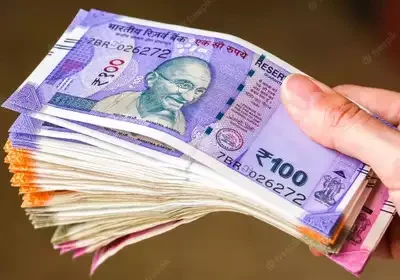In a major diplomatic and economic move, India has sealed the Attari border with Pakistan, suspending all cross-border trade between the two countries. This daring move follows escalating tensions and recent security breaches that have strained already tenuous relations.
The Attari-Wagah border in Punjab has been an important trade route for many years, carrying goods like agriculture produce, cloth, cement, and industrial inputs. Now, the closure puts a halt to this activity affecting both importers and exporters on both sides.
For Indian traders, the immediate impact is a halt in the export of perishable goods and pharmaceuticals—key sectors that relied heavily on overland connectivity to Pakistan. Many small and medium enterprises that had sustained commercial relationships across the border are now facing uncertainty, with shipments held up and contracts put on hold.
On the Pakistani side, the step blocks access to cheap Indian raw materials and consumer goods, likely raising costs and creating supply chain shortages for sectors such as textiles and manufacturing. The disruption will be particularly hard to bear in areas that relied on trade via Punjab for economic sustenance.
Apart from economics, the closure is a clear indication of India’s shifting stance on regional security and diplomacy. Government officials have stressed national interest and citizen safety as priorities, saying that trade cannot go on in the shadow of growing threats.
Analysts indicate that this action is likely to remain in place until the foreseeable future unless there is significant de-escalation effort. In the meantime, the two nations will likely seek new trade routes through third-party states or foreign ports, although these are more expensive and time-consuming logistically.
As diplomatic efforts continue to stall, the shutting down of the Attari border is both symbolic and practical turning point in India’s policy towards its western neighbor—a message that economic interaction will not be at the cost of national security.






